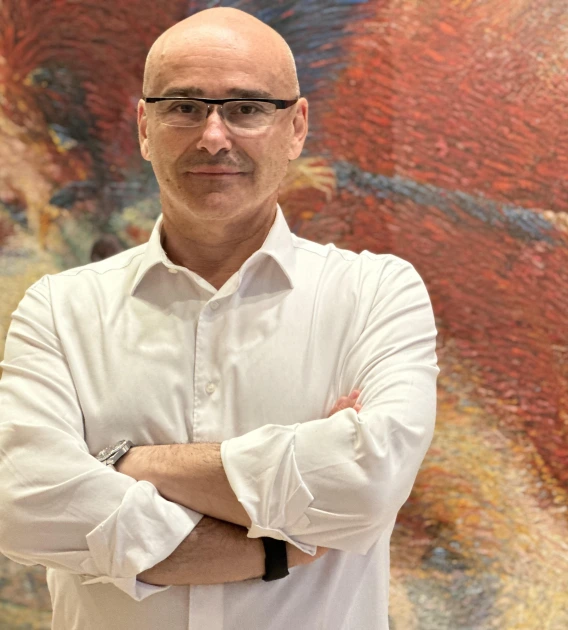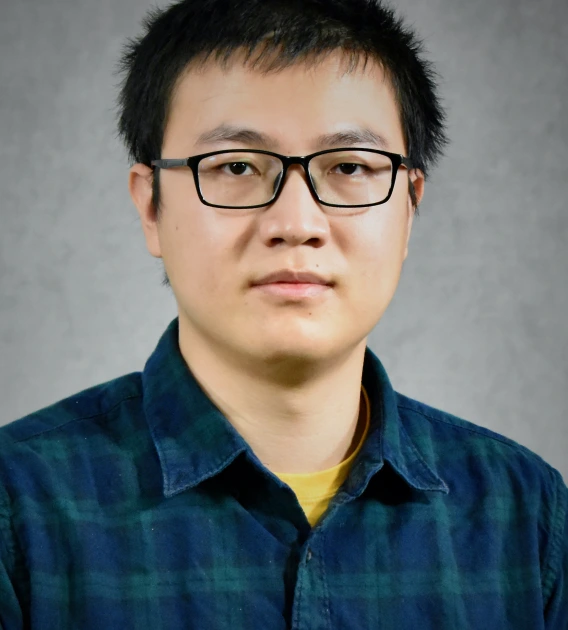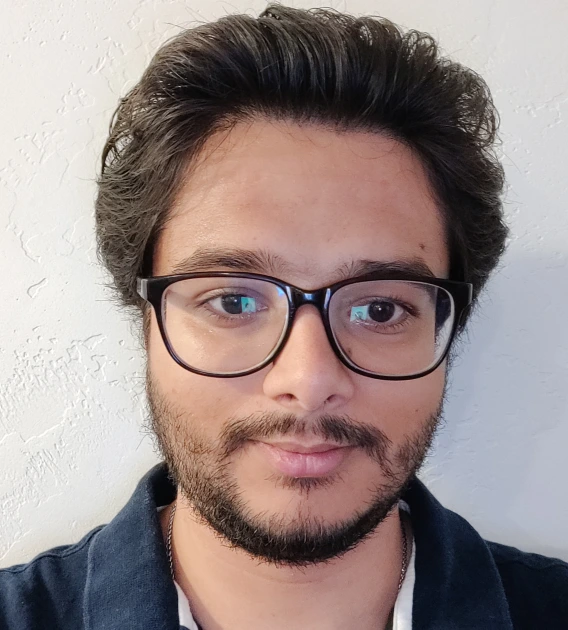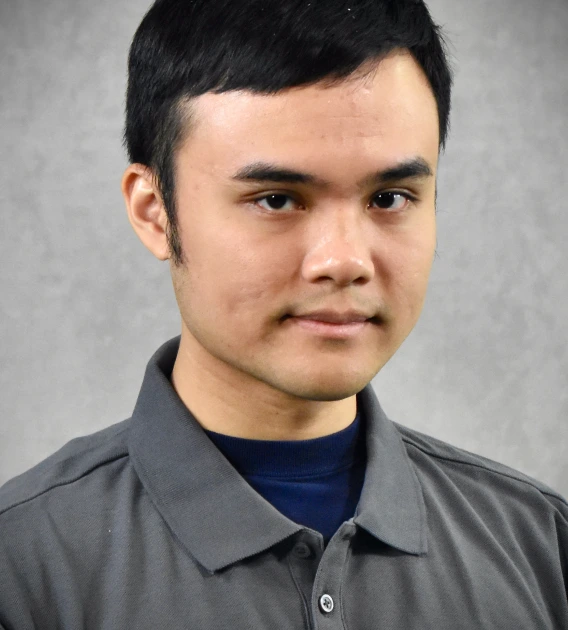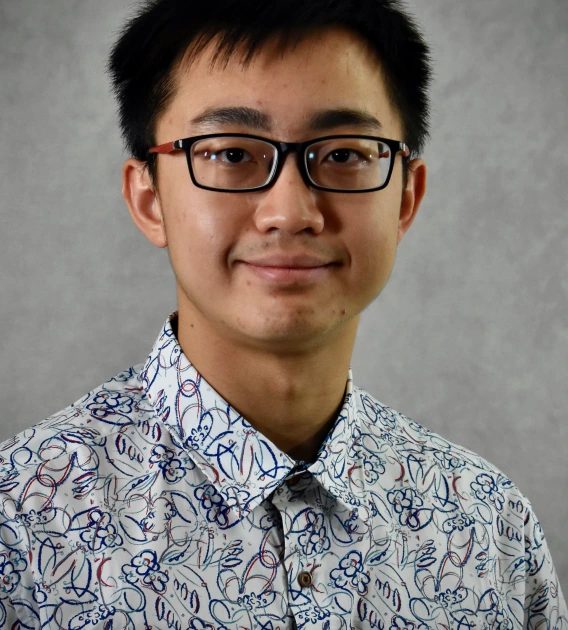CS theory, or theoretical computer science, is the study of the mathematical foundations of computation. By understanding the “why” and “how” behind computing at its most basic and logical level, CS theory explores what can be computed, how efficiently problems can be solved, and the fundamental limits of computation. It includes: algorithms, computational complexity, automata theory, computability theory, cryptography, and learnability.
CS theory has helped advance innovation in many areas of computer science, including machine learning, cryptography, and quantum computing. It's also connected computer science to other fields like economics, statistics, and physics.
2023
- R. Bruni, R. Giacobazzi, R. Gori, F. Ranzato. A Correctness/Incorrectness Program Logic. Journal of the ACM 70(2): 15:1-15:45 (2023).
- R. Bruni, R. Giacobazzi, R. Gori, F. Ranzato. Local Completeness in Abstract Interpretation. Challenges of Software Verification. Intelligent Systems Reference Library, vol 238. Springer, 2023.
2022
- M. Campion, M. Dalla Preda and R. Giacobazzi. Partial (In)Completeness in Abstract Interpretation: Limiting the Imprecision in Program Analysis. The 49th ACM SIGPLAN Symposium on Principles of Programming Languages (POPL 2022), Sun 16 - Sat 22 January 2022, Philadelphia, Pennsylvania, United States.. Proc. ACM Program. Lang. 6, POPL, Article 59 (January 2022), 31 pages.
Theory Faculty
Image
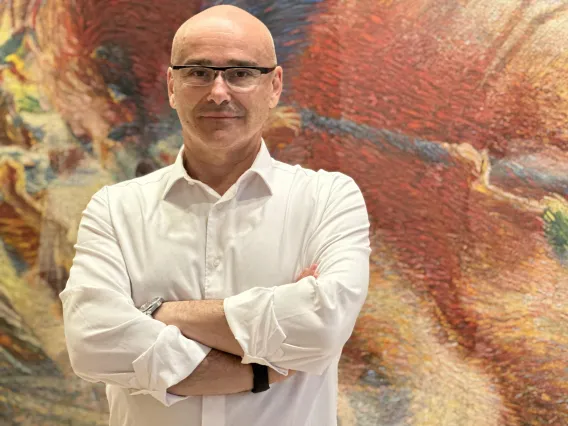
Roberto Giacobazzi
ProfessorOffice: GS 711
Interests: Theory of computation, programming languages, abstract interpretation, program analysis and verification, logic in computer science, history of computing.
(Ph.D., University of Pisa in Italy, 1993)
Image
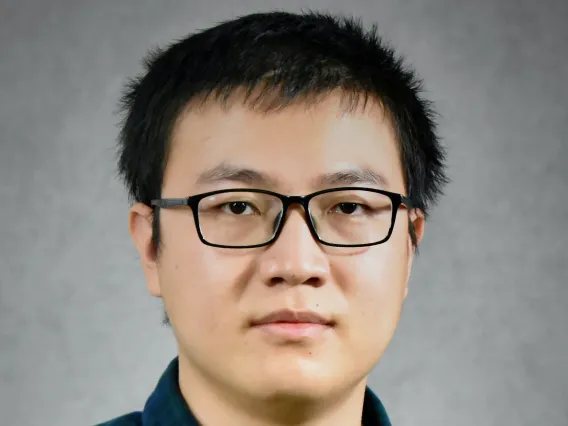
Chicheng Zhang
Assistant ProfessorOffice: 720
Interests: Interactive machine learning, Reinforcement learning and bandits, Learning theory
(Ph.D., University of California at San Diego, 2017)
PhD Students
Image

Image
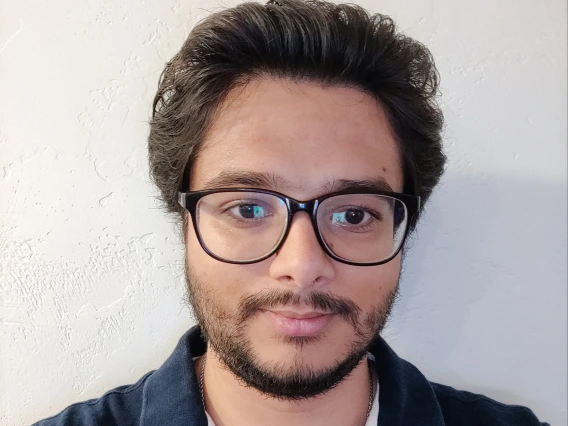
Sattwik (Sunny) Das
PhD StudentOffice: GS 721
Advisor: Dr. Roberto Giacobazzi
Interests: Programming Languages, Compilers, Theoretical Computer Science, Cryptography, Quantum Computing
Image
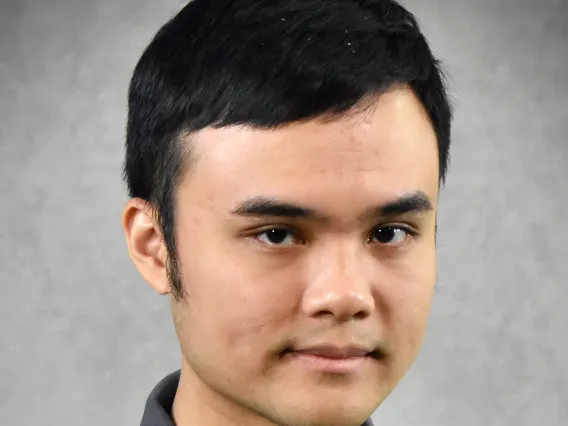
Thang Nhat Duong
PhD StudentOffice: GS 718
Interests: Artificial Intelligence (NLP, ML, Vision)
Advisor: Dr. Chicheng Zhang
Image
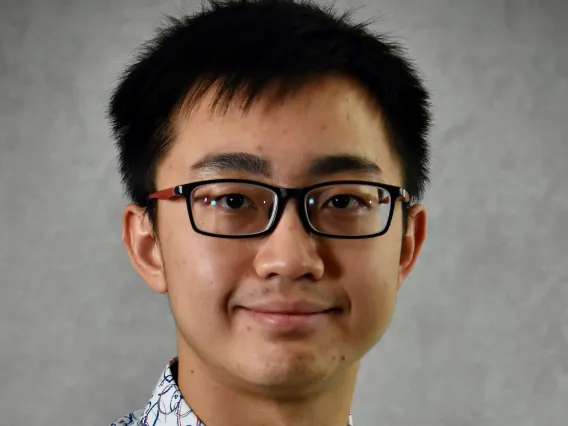
Yichen Li
PhD StudentOffice: GS 718
Interests: Reinforcement Learning and Imitation Learning
Advisor: Dr. Chicheng Zhang


